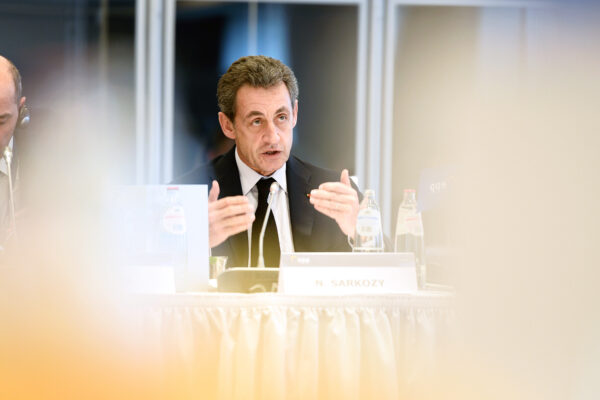
Former French president Nicolas Sarkozy, who is hoping to return to power in an election next year, has endorsed the concept of a two-speed Europe in an interview with Le Figaro, saying new treaties “must take into account the existence of two Europes: the Europe of the euro and the Europe of the 28.”
The former ought to share an economic policy and monetary fund, the conservative leader suggested. The outer-tier Europe, including Britain — which Sarkozy wants to keep in the EU — would focus on agriculture, competition, energy and research.
“The rest must return to the states.”
Recognition
His proposals aren’t new. France has long advocated closer political union within the eurozone. Germany agrees in principle. The trouble is that the two have very different ideas about what this would mean in practice.
The French favor state-led investment and protectionism; the Germans are more free-trading. Italy leans close to the French position; Finland and the Netherlands are more skeptical of the French than the Germans are.
What is new is Sarkozy’s recognition that all 28 member states can no longer integrate at the same speed.
Angela Merkel, the German chancellor, said much the same in November.
Second-class membership
I argued around the time that David Cameron’s renegotiation of Britain’s membership had accelerated this process.
His foreign secretary, Philip Hammond, even argued this was the whole point. The United Kingdom “does not seek to prevent further euro integration,” Hammond said, “but does need guarantees that the interests of those not in the euro will be protected.”
And there’s the rub. Other non-euro states, like Poland and Sweden, don’t want in the euro but don’t want to be as far on the outside as Britain either.
Sweden’s finance minister, Magdalena Andersson, cautioned that deeper eurozone integration could not relegate other EU nations to “second-class” membership. “All countries must count,” she said.
The EU has yet to transition to a model and — just as important — a mindset that allows not only for different countries to move at different speeds but also for different countries to end up in different places. The solution may not be a two-speed Europe, with a one-size-fits-all for non-euro countries, but a multispeed Europe that allows for various modes of integration.
